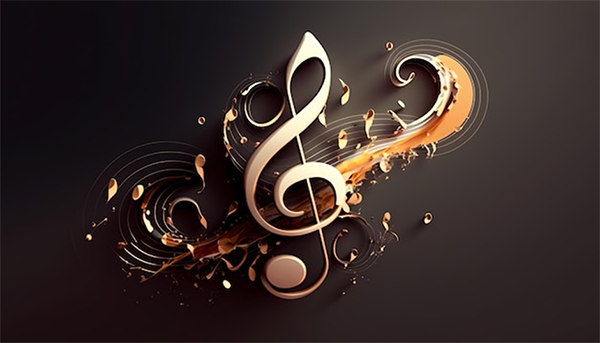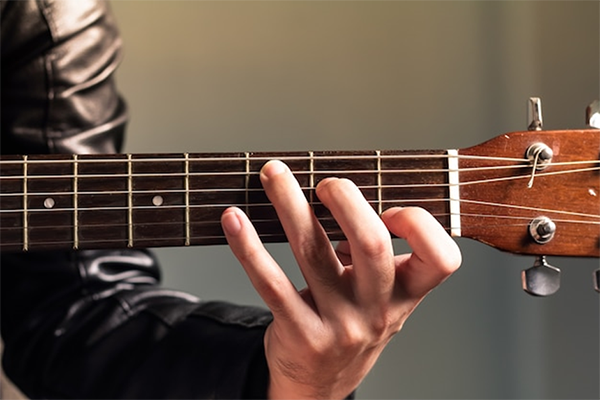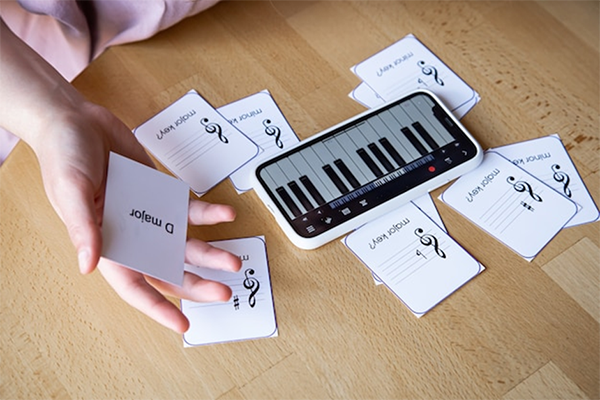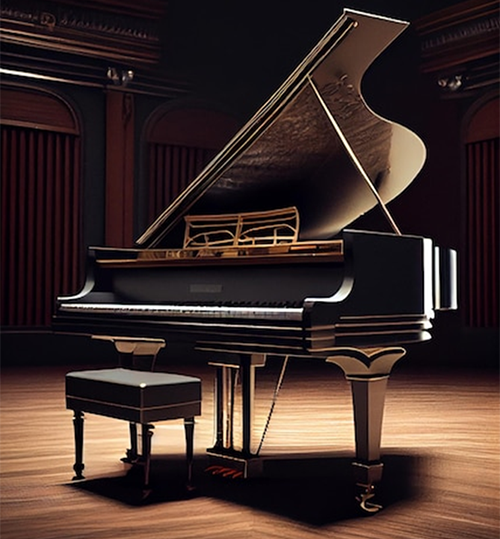The Benefits of Learning Piano for Guitar Players
When it comes to musical instruments, the piano and the guitar stand out as two of the most popular choices. Both instruments have their unique charm and offer distinct avenues for creative expression. While guitar players often find themselves immersed in the world of chords, melodies, and strumming patterns, learning the piano can open up a whole new dimension of musical growth and understanding. In this blog, we'll explore the benefits that learning the piano can bring to guitar players, enriching their musical journey in unexpected ways.

1. Enhanced Musical Theory Comprehension:
The piano's layout provides a clear visual representation of musical theory concepts. As guitar players delve into piano learning, they'll gain a deeper understanding of scales, intervals, chords, harmony, melody and a better understanding how music works, which in turn can enhance playing the guitar. The visual relationship between notes on the keyboard helps bridge gaps in music theory, making complex concepts easier to grasp. By learning piano, guitar players can develop a better understanding of how different notes and chords work together, and how they can be used to create various musical moods and styles.
2. Improved Finger Dexterity and Coordination:
learning piano can help guitar players improve their technique. While the guitar and piano are different instruments, they share some similarities, such as the importance of proper finger placement and hand position. The piano's weighted keys can build finger strength, as well as their dexterity and coordination. This can ultimately translate to better playing on the guitar, especially when it comes to complex chord progressions and fingerpicking patterns.

3. Expanded Repertoire and Musical Styles:
Thirdly, learning piano can expand a guitar player's repertoire. Many guitar players tend to stick to certain genres or styles of music, which can limit their musical creativity and growth. By learning the piano, guitar players can explore different genres and styles of music, such as jazz, classical, and blues. This can open up new possibilities for musical expression and inspire them to create more original and unique music.
4. Enhanced Ear Training and Harmonic Perception:
The piano's layout makes it easier to visualize and understand harmony and chord progressions. By learning to play chords and melodies on the piano, guitar players can refine their ear training skills. This heightened sense of harmony translates directly to their guitar playing, enabling them to identify and recreate intricate chord progressions more intuitively.

5. Boosted Composition and Arrangement Skills:
The piano's versatility makes it an excellent tool for composing and arranging music. As guitar players explore the piano's capabilities, they can experiment with harmonies, chords, melodies and moods that they might not have considered on the guitar alone. This creative exploration can lead to more innovative and compelling compositions and arrangements.
6. Musical Confidence and Adaptability:
Learning a new instrument is challenging, and successfully mastering the piano can instil a sense of accomplishment and confidence. This newfound confidence can translate to guitar playing, encouraging players to take on more complex pieces or experiment with different techniques. Additionally, the ability to switch between instruments showcases a musician's adaptability and versatility.
7. Collaboration and Ensemble Performance:
The timeless attraction of piano and guitar duets is woven into the fabric of music history. By mastering both instruments, guitarists not only participate but also relish the richness of collaborative music-making. Whether performing with others or recording multi-instrumental pieces, this ability adds depth to a musician's repertoire and opens doors to diverse musical collaborations.
8. Musical Diversity
learning piano can help guitar players in the studio. Many guitar players spend a lot of time in the recording studio, either recording their own music or collaborating with other artists. By learning the piano, guitar players can contribute more effectively to the recording process by adding keyboards, synthesizers, and other electronic sounds to their tracks. This can ultimately lead to a more diverse and interesting sound for their music.
Conclusion:
Incorporating piano into a guitarist's repertoire isn't just about learning another instrument. It's about expanding horizons, breaking down barriers, and embracing the joys of creating music. The piano's unique perspective can amplify your guitar skills while offering fresh avenues for creativity. So, whether you're a seasoned guitarist or just starting out, don't miss the chance to add piano to your musical toolkit. As your fingers dance across the keys, you'll find a whole new world of inspiration waiting to harmonize with your guitar melodies.
 BROWSE OUR FULL RANGE OF PIANOS HERE >
BROWSE OUR FULL RANGE OF PIANOS HERE >